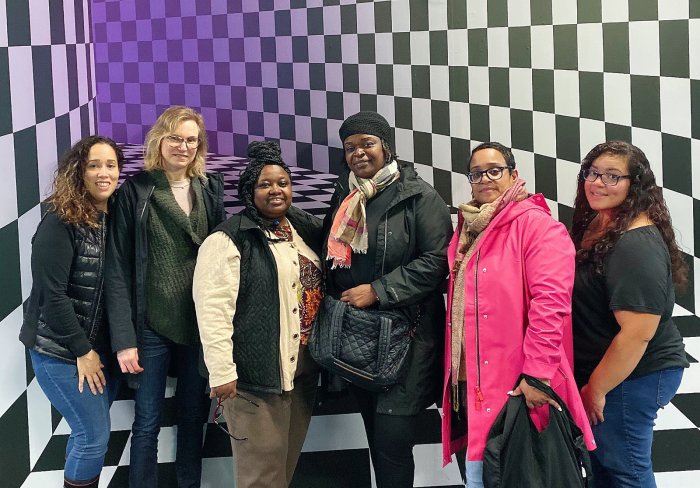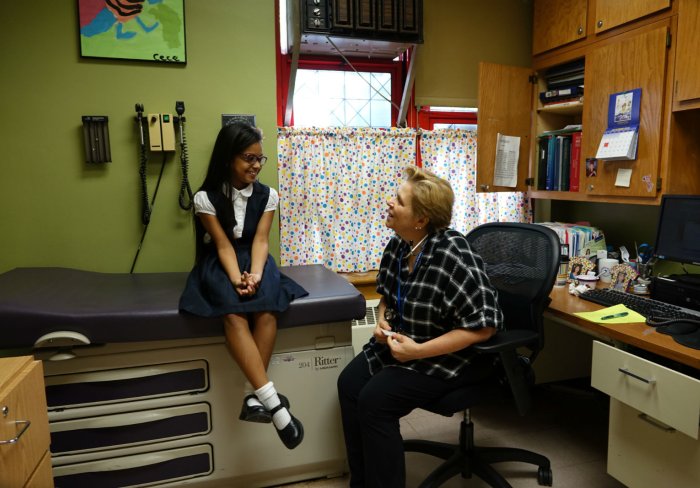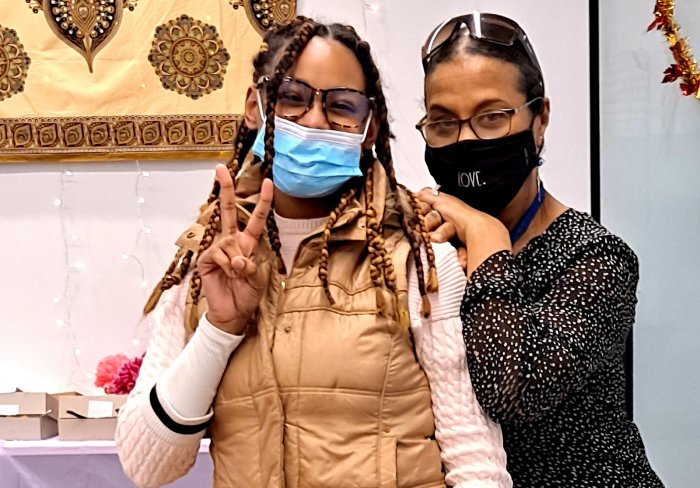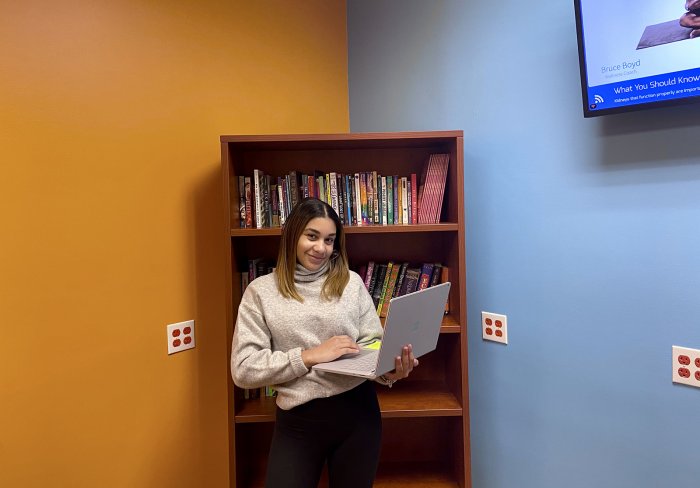Ashley Bromfield, a social worker for our medical foster care division, is changing the way she approaches her work in the current COVID-19 environment, but her motivation and passion stays the same.
“I love helping people and watching them gain confidence to do things on their own. The work is not easy, but I let them know they can be successful at what they want,” she said.
Ashley joined Children’s Aid in June 2016 and works to ensure kids are safe in foster homes.
“My job includes conducting or supervising family visits at home or over weekends, staying on top of birth parent’s service plans, making referrals, being involved in children’s schools, and ensuring they are getting everything they need,” she said. Ashley also makes hospital visits if needed and attends court hearings as well.
Since the coronavirus epidemic, Ashley has adapted to changes in working with birth parents and children.
“The majority of my work takes place overnight, coordinating visits with birth parents and children. I’m still doing monthly home visits to ensure parents and kids have face time,” she said.
She too has helped youth pick up school packets to make sure they have the academic materials they need to learn from home.
Access to technology is a challenge for many youth in low-income neighborhoods. The majority of Ashley’s students have the technology at home but she is working with the Department of Education to make sure everyone has a laptop.
Ashley said that her interest in social work stems from a family member who encouraged her to get into the health field.
“It called me, honestly,” she said. “Growing up, my grandmother, she was a nurse, she kind of pushed healthcare on to me, but once I got into the field it felt natural.”
As she talked about her work, she mentioned a 12-year-old boy who had been hospitalized for behavior concerns for the past four months. She spent countless hours at the hospital with the youth, collaborating with doctors and his biological parent.
Working closely with the team, she was able to use critical thinking skills to assess his behavioral issues, intervene to determine the underlying cause, and ensure the proper support and provisions were put in place to keep the youth safe.
“People can easily get frustrated, but I put the child’s feelings in perspective,” she said. “He had a hard time adjusting.”
She noted things started to really get hard when his mother was not there, but she would visit him weekly.
She would tell him, “I’m in your corner, I’m here for you.”







